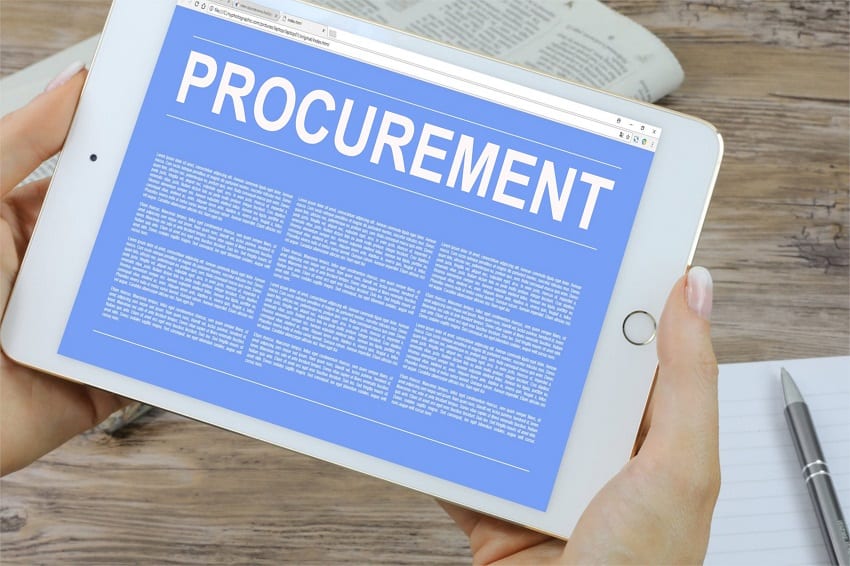Cutting-edge technology has served as a boon to many industries and sectors. With the advent of AI and ML-based systems in various procurement functions, a new term has been coined – cognitive procurement.
In simple words, it is the usage of various digital predictive techniques to provide better performance. But, it is also much beyond that.
Since the procurement sector is largely dependent on data-driven processes, several functions can be automated. To take it a step further, industry heads are also bringing in machine learning algorithms that can make the procurement process end-to-end self-reliant.
How Does Cognitive Procurement Work?
To truly understand the idea of cognitive procurement, you have to imagine a process which can ‘think’ and ‘act’ on its own. In this process, basic automation functions such as gaining market insights are heightened by adding further data analytics in the form of creating strategies and mitigating risks.
Necessarily, cognitive procurement is using a form of cognitive automation, i.e. the combination of data centralization and process automation. As a result, the procurement process is receiving an added layer of optimization and effectiveness. With the help of AI functions, the integration capacity of each node is heightened, thereby building a workflow that can truly analyze the huge volumes of data received.
Apart from AI and ML systems, the latest forms of cognitive procurement experts are using IoT to introduce physical & digital integrated strategies of pattern analysis.
Cognitive Procurement Provides A Host of Direct Benefits
Any procurement company or professional using AI-based analysis and strategizing can progress to cognitive procurement. It will help them understand every roadblock in their workflow, gain a much deeper sense of the market, and ultimately save costs. Globally, CPOs using cognitive procurement have reported drastic reductions in cycle times and smooth finance workflows.
Beyond the cost reduction and effectiveness aspect of cognitive procurement, many technical aspects can help a CPO gain more control over its workflow. From Geotags to IoT-integrated risk-management systems, this cutting-edge tech helps drastically bring down frauds, delays, and miscommunications.
CPOs can also gain a much better understanding of all internal processes such as performance metrics, compliance history, and supplier rates, and also analyze behavioural patterns. This huge amount of data collected is constantly processed so that every AI-based node of the procurement process can perform at full capacity.
Conclusion
For any supply chain that isn’t using peak digital processes to guide its analytics, it is simply losing out on the massive power that data can provide. CPOs in India specifically need to start riding the cognitive train since it has been proven to be the next big trend in the global procurement sector.
What’s even more important is the fact that it will immediately lead to reduced cost and risks, and a more optimized workflow. Integrated technology and analytics are truly the future of any business process, and CPOs need to extract the maximum benefits from these next-gen solutions.













